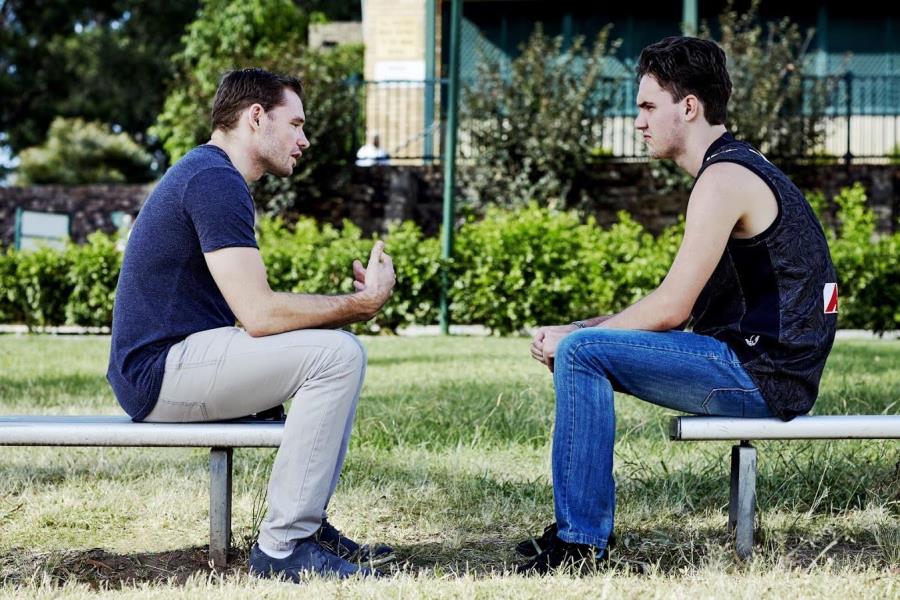The Importance of Forgiveness in Cultivating Inner Peace and Emotional Freedom
The Importance of Forgiveness in Cultivating Inner Peace and Emotional Freedom
Blog Article
Recognizing the Value of Forgiveness in Recovery Relationships
Forgiveness is typically watched as an easy act of allowing go, yet its value in recovery relationships extends far past plain absolution. What continues to be to be uncovered is the profound influence mercy can have on individual growth and communal harmony.
The Meaning of Forgiveness
Although mercy is frequently viewed as a straightforward act of allowing go, its meaning includes an intricate interaction of psychological and emotional processes. At its core, forgiveness is the conscious decision to release sensations of bitterness or revenge toward a private or group that has actually caused harm. This process is not merely about absolving the wrongdoer; instead, it includes a profound emotional change that can result in personal growth and healing.
Mercy is complex, often identified by a person's inner battle to resolve their pain with the desire for tranquility. It calls for recognizing the misdoings dedicated, processing the associated emotions, and ultimately making a selection to progress without the problem of bitterness. This selection usually requires a cognitive shift, where one reframes their understanding of the criminal and the transgression, enabling for empathy and understanding to arise.
Significantly, forgiveness does not suggest excusing the behavior or neglecting the infraction; it is a purposeful act that focuses on psychological health. By specifying forgiveness in this way, we can appreciate its duty in assisting in healthier relationships and fostering psychological resilience, establishing the stage for much deeper exploration right into its benefits.
Psychological Benefits of Mercy
Forgiveness supplies considerable emotional advantages that can profoundly affect an individual's mental health and total well-being. When an individual picks to forgive, they actively launch feelings of anger, resentment, and animosity, which can or else develop a heavy psychological burden. This release often results in a decrease in anxiety and anxiety, promoting a feeling of tranquility and psychological stability.
Moreover, forgiveness fosters a boosted capability for compassion and concern. By recognizing the point of view of the culprit, individuals can grow a much deeper psychological resilience, which improves their capability to handle future obstacles. This procedure not just boosts psychological regulation however likewise adds to a much more favorable outlook on life.
Furthermore, forgiving others can strengthen one's self-confidence and self-regard. It permits people to redeem their individual power, damaging cost-free from the adverse cycles of victimhood - The importance of forgiveness. This newly found empowerment can bring about much healthier psychological feedbacks and more powerful interpersonal connections
Forgiveness vs. Reconciliation
The distinction in between mercy and reconciliation is critical in recognizing the characteristics of healing connections. Forgiveness is an interior process where a private selects to let go of resentment and negative feelings in the direction of a person that has caused harm. It is mainly a personal trip, concentrated on emotional release and self-healing, permitting one to relocate onward without bring the concern of past complaints.
In comparison, settlement involves restoring and restoring the connection to a state of trust and mutual respect. This procedure often calls for open communication, energetic participation from both events, and a commitment to addressing the underlying problems that brought about the conflict. While forgiveness can take place independently, settlement demands the desire of both people to engage in discussion and pursue a common understanding.
It is necessary to note that mercy does not always bring about reconciliation. An individual might forgive one more without deciding to restore the connection, specifically if count on has actually been irrevocably damaged or if the connection is considered unhealthy. Comprehending this distinction enables people to navigate their feelings properly and make informed choices concerning their relationships.
Steps to Grow Mercy
Growing forgiveness is a deliberate process that includes a number of crucial How to Forgive Someone actions focused on helping with emotional healing. The very first action is recognizing the discomfort triggered by the crime. Recognizing one's feelings is vital, as it enables people to process their feelings genuinely.
Next, showing on the occurrence and recognizing its effect can provide clarity. This reflection should include examining the motivations behind the culprit's activities and acknowledging that everybody is fallible.
The third step involves making a conscious decision to forgive. This decision is vital, as it indicates a readiness to allow go of bitterness and progress.
Consequently, revealing feelings in a positive fashion can be useful - The importance of forgiveness. Whether with journaling, talking with a relied on pal, or seeking treatment, expression of emotions can aid in the mercy trip
Real-Life Examples of Mercy

In one more instance, a close-knit group of pals faced a considerable rift after one member unintentionally shared an exclusive secret. As opposed to nurturing bitterness, the affected buddy decided to forgive, recognizing the relevance of valuing the friendship over the blunder. This choice encouraged open dialogue and inevitably reinforced their connection.

Final Thought
In conclusion, mercy plays an essential duty in the recovery of partnerships by helping with the launch of negative feelings and fostering compassion. By distinguishing in between forgiveness and reconciliation, individuals can involve in a useful process that enhances psychological health.

Report this page